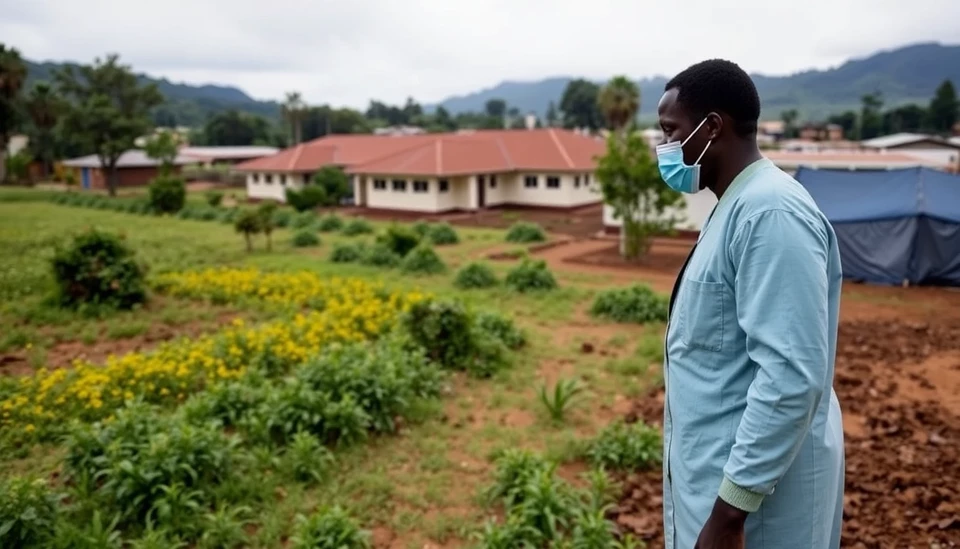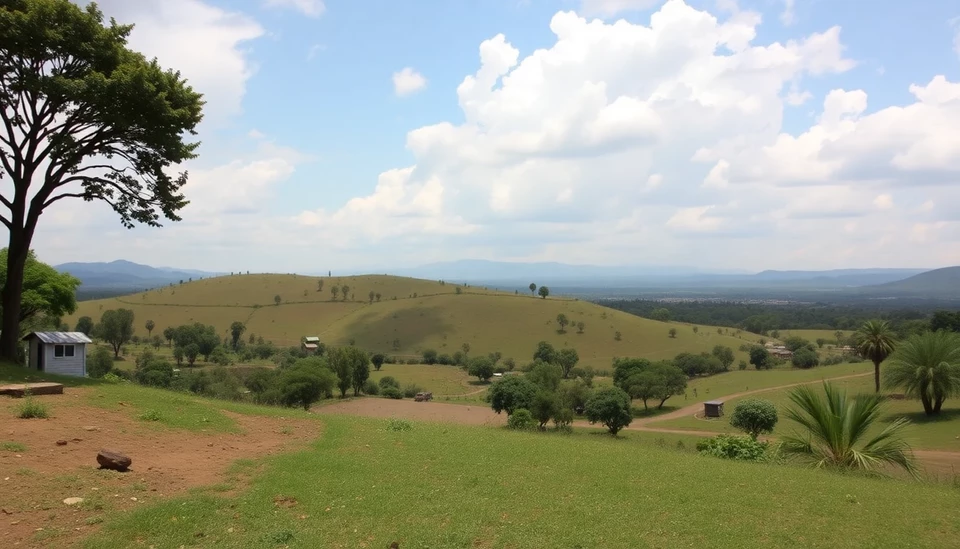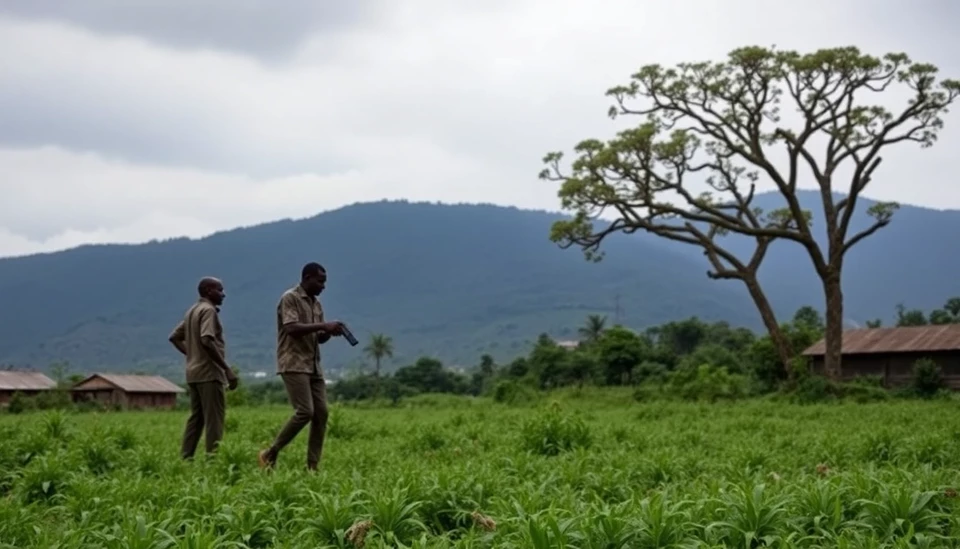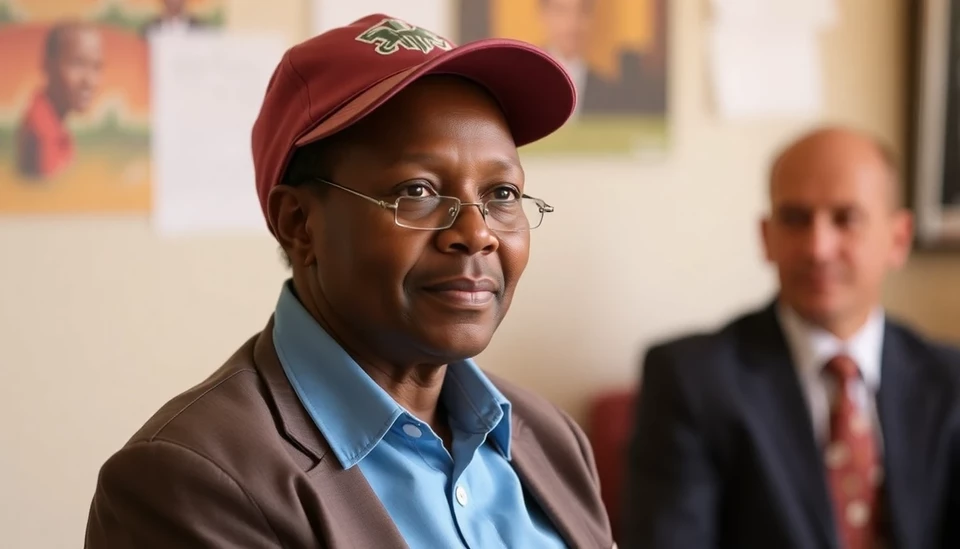
In a significant public health milestone, Rwanda has officially declared the end of its Marburg virus outbreak following the discharge of the final patient who had been receiving treatment. This announcement marks a crucial turning point for the nation and reflects the effective response measures implemented by its health authorities amidst alarming conditions presented by the virus.
The Marburg virus, closely related to the Ebola virus, is known for its severe symptoms and high mortality rate. It was first identified in the same region of Africa, and in recent weeks, Rwanda faced rising fears over potential widespread transmission. However, health officials acted decisively, mobilizing resources for intensive surveillance, patient care, and community education, which played a vital role in containing the virus's spread.
Health Minister Sabin Nsanzimana expressed relief and gratitude for the rapid containment of the outbreak, emphasizing that a "whole of government" approach, combined with the vigilance and cooperation of local communities, led to the successful management of the crisis. This unified strategy ensured that all efforts were directed towards isolation, treatment, and ensuring the safety of the population.
In total, the outbreak resulted in several confirmed cases and multiple fatalities, prompting healthcare leaders to launch extensive public health campaigns to educate the population about the virus and preventive measures. These initiatives involved direct engagement with communities and reinforced the importance of early reporting of symptoms, as well as seeking prompt medical assistance.
The discharge of the last patient is not only a relief for those who witnessed the impact of the virus firsthand but also a hopeful sign for the future of public health strategies in Rwanda. Health experts are optimistic that lessons learned during this response will enhance their preparedness for any future outbreaks, fortifying health systems and ensuring rapid action can be taken should similar health threats emerge.
The World Health Organization and other global health bodies have commended Rwanda's handling of the situation, showcasing how coordinated efforts and timely interventions can mitigate health crises and protect communities. This outbreak, while tragic, ultimately served as a critical test of Rwanda's healthcare resilience and adaptability in the face of emerging infectious diseases.
As the nation reflects on its united efforts to overcome this challenge, there remains a need for sustained vigilance and continued investments in public health infrastructure to prevent future outbreaks. With the Marburg crisis behind them for now, Rwanda can focus on further strengthening health systems and continuing to support community health initiatives.
As the region moves forward, it will be imperative that not only Rwanda but also its neighbors remain alert and ready to respond to any signs of resurgence. Continuous monitoring and community engagement will be essential to ensuring that the lessons learned from this outbreak resonate throughout public health policy and practice.
In summary, the end of the Marburg outbreak in Rwanda serves as a profound reminder of the importance of rapid response to health emergencies, community engagement, and the need for robust healthcare systems capable of handling crises as they arise.
#Rwanda #Marburg #PublicHealth #OutbreakResponse #HealthCrisis #Ebola #ViralDisease #CommunityHealth #GlobalHealth
Author: Victoria Adams




